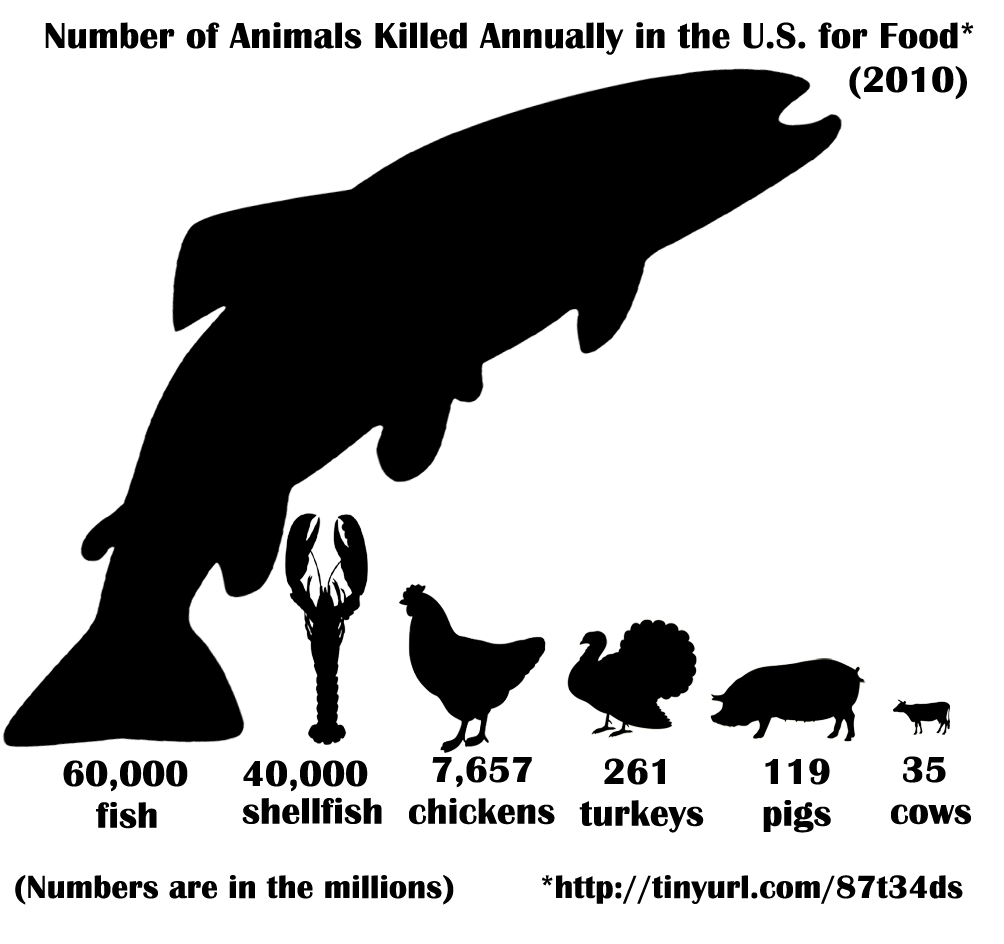

Injuries stimulate what is known as nociceptors. To be able to understand the researchers’ criticism you first have to comprehend how pain perception works for humans. There is still no final proof that fish can feel pain. In addition, behavioural reactions by fish to seemingly painful impulses were evaluated according to human criteria and were thus misinterpreted. These are the authors’ main points of criticism: Fish do not have the neuro-physiological capacity for a conscious awareness of pain. During their research the scientists from Europe, Canada, Australia and the USA have discovered many deficiencies. To this end, a research team consisting of seven people has examined all significant studies on the subject of fish pain. Now, the question of whether or not fish are really able to feel pain or suffer in human terms is once again on the agenda.Ī final decision would have far-reaching consequences for millions of anglers, fishers, aquarists, fish farmers and fish scientists. Anyone in Germany who, without due cause, kills vertebrates or inflicts severe pain or suffering on them has to face penal consequences as well as severe fines or even prison sentences. Accordingly, fish are sentient vertebrates who must be protected against cruel acts performed by humans against animals. Legislators seemingly had already found their answer to the fish issue. But anyone who expects it to contain concrete statements regarding the handling of fish will be disappointed. 2001, Berlin: Dahlem University Press, The Evolution of Morality and Religion (2003, Cambridge University Press), Sentience and Animal Welfare, 2014 CABI, Domestic Animal Behaviour and Welfare, 5th edition, (Broom and Fraser 2015, CABI) and Tourism and Animal Welfare (Carr and Broom 2018, CABI).On July 13 th a revised animal protection act has come into effect in Germany. Amongst his twelve books are Stress and Animal Welfare (Broom and Johnson 1993, Springer), Coping with Challenge : Welfare in Animals including Humans (Broom ed. group on Welfare of Animals during Land Transport. He has been Chairman or Vice Chairman of EU Scientific Committees on Animal Welfare 1990 – 2009 and a member of the EFSA Panel on Animal Health and Welfare until June 2012. He has published over 360 refereed papers, lectured on animal welfare in 45 countries and served on UK (FAWC and APC) and Council of Europe committees. In his Centre for Animal Welfare and Anthrozoology, he has developed concepts and methods of scientific assessment of animal welfare and studied: cognitive abilities of animals, the welfare of farmed and other animals in relation to housing and transport, behaviour problems of pets, sustainable livestock production, attitudes to animals and ethics of animal usage.

Broom Emeritus Professor of Animal Welfare, Cambridge University, Department of Veterinary Medicine. 2001, Berlin: Dahlem University Press, The Evolution of Morality and Religion (2003, Cambridge University Press), Sentience and Animal Welfare, 2014 CABI, Domestic Animal Behaviour and Welfare, 5th edition, (Broom and Fraser 2015, CABI) and Tourism and Animal Welfare (Carr and Broom 2018, CABI).


In his Centre for Animal Welfare and Anthrozoology, he has developed concepts and methods of scientific assessment of animal welfare and… Read moreĭonald M.


 0 kommentar(er)
0 kommentar(er)
